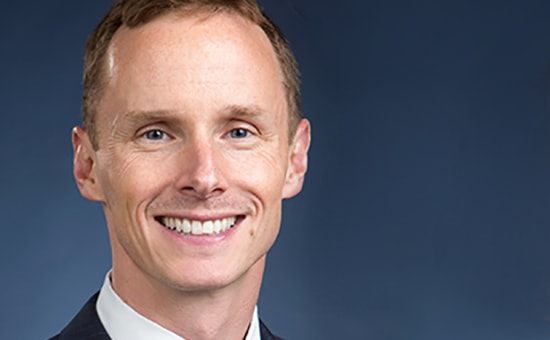Scott DeRue, the dean of University of Michigan’s Ross School of Business, claims the old model of business school education is gone. It’s no longer good enough to sequester yourself on campus for two years before heading out into the world of commerce, he said in an interview with Harvard Business Review (HBR).
Michigan’s Ross
DeRue discussed how the perceived value of an MBA education is changing in the digital era, and how MBA programmes are innovating in response to individual and company demands. These are his most important statements:
On experiential learning
(…) We are realizing that the more experiential the more our students actually learn, grow and develop. But your notion of what technology in some sense is doing to higher education generally and certainly business education is part of that. Be it the analogy I often use is with the music industry. If you think about how you and I used to consume or purchase music. First, it was albums and eight tracks and cassettes and CD’s and all of those are the same basic product. It’s a bundle of songs and when it was CD’s, you and I were paying 17 US-dollar for the two songs that we wanted. In the early 2000’s, roughly 2003 iTunes comes along and it dis-aggregates that bundle. And then later Spotify and the Pandora’s of the world come along and what they did was, they commoditised the content. They largely commoditised and democratized that content. So, now if you and I are willing to listen to a few ads, we can consume all the songs we want for free.
And the same thing is happening in business education. So, in music, the only growth segment until very recently was live entertainment. It was the experience. Why would my wife and I still go to a concert when we can literally watch that concert from the night before on YouTube from a different city? And so there’s something about the experience. And in education the same things happening because now you can consume most of the based content, those core fundamentals that you’re talking about, you can consume most of them online largely for free from, or at least low cost from a number of different providers including Michigan and Harvard and Stanford and Wharton and many others.
On lifelong learning
(…) What I think some of the more innovative business schools are doing now is think about how do we partner over the course of one’s entire career, I mean lifelong is not just a few years, right? So, you and I have had a number of jobs. And we may have had a, two or three different careers. The students of today will have more careers than we would have had jobs. And I think that’s really important for us to understand because they’re going to be making transitions, big fundamental career transitions throughout their life, much more so than we have or our parents did. And so, I think schools generally have to think about what is this lifelong model? Stanford’s got a very interesting concept at the university level and business school included that they talk about as the open loop university. Where once you start you can always loop back and come back into the university and your learning never stops.
On great ideas/projects that business schools run
I think Cornell tech campus which is on an island right off of Manhattan, not only is it a beautiful campus, but (…) they’re bringing students and faculty from different schools together. They’re also bringing companies so that students and faculty can embed themselves in the work of those companies so, you’re learning as you’re doing. I think that is a remarkable experiment that they’re running, that I think is going to pay dividends for generations to come.
I think there’s a number of schools that are in this space. If you take what Yale’s doing for example, the Dean there, Ted Snyder and what he’s been able to do in developing a global network of schools where students from different schools, from different parts of the globe are able to work together on projects that are real. That’s a wonderful advancement and not only bringing the experiential side of business education together, but also creating these diverse teams where we can learn to work virtually with people from around the globe. The opportunities that presents, as well as the challenges, is because that’s where business is going. I think that’s a remarkable experiment that they’re running as well. If you look at Wharton, Wharton’s done a remarkable job of leveraging the breadth of the University of Pennsylvania in not only having a number of dual degrees and their students pursuing dual degrees, but just simply having the opportunity to work across that campus whether it’s engineering or otherwise, I think is something that we’re starting to see at some of the leading schools. And we’re doing many of the same things both in terms of the global project work. We just unveiled our, this year’s map projects which are consulting projects for our students. And they’ll work in 22 countries in 98 different cities for two months, full time. Not as an internship, but as a core part of their education. Our vision is that every student who walks through our doors has the opportunity to start real companies, to run actual investment funds with real capital and we want them actually managing actual business functions in businesses embedded in their education. So, we’ve actually started building businesses inside the business school.

